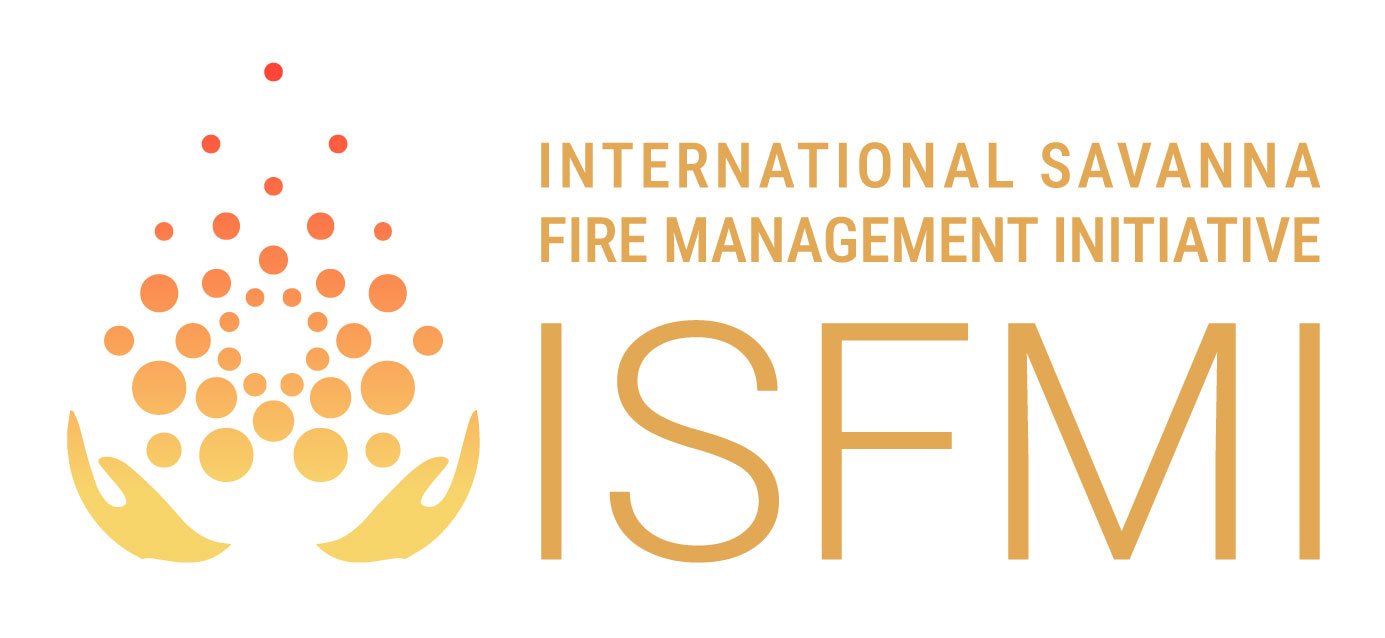Study shows Indigenous Peoples and Local Communities receive only small share of international donor funding despite key role as forest protectors.
Providing context for the US1.7 billion dollar international donors pledge made by at COP26 on November 2nd 2021, an April 2021 study titled ‘Falling Short’ and authored by the Rainforest Foundation Norway shows that Indigenous Peoples and local communities (IPLCs) tenure and forest management in tropical countries has received a small share of international donor funding over the last ten years.
As reported by the Rainforest Foundation, the $270 million per year received on average IPLCs per year is equivalent to less than one percent of Official Development Assistance (ODA) for climate change mitigation and adaptation over the same period. It is also just 30 percent of what has been identified as needed for transformational tenure reform in just 24 tropical countries. The funding need for IPLCs forest management comes in addition.
“The science is increasingly clear. Indigenous Peoples and local communities are some of the world’s best forest protectors, and the climate, biodiversity, and sustainable development benefits of their forest management are massive and extremely cost-efficient”, says Torbjørn Gjefsen, senior climate policy adviser for Rainforest Foundation Norway. Read the article and full study available at the website of the Rainforest Foundation Norway.

